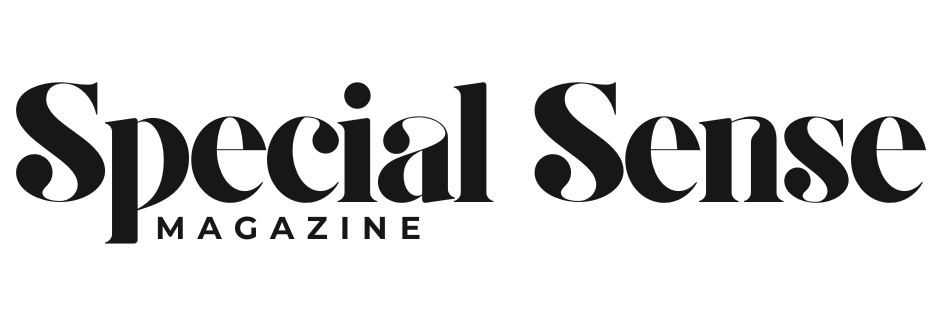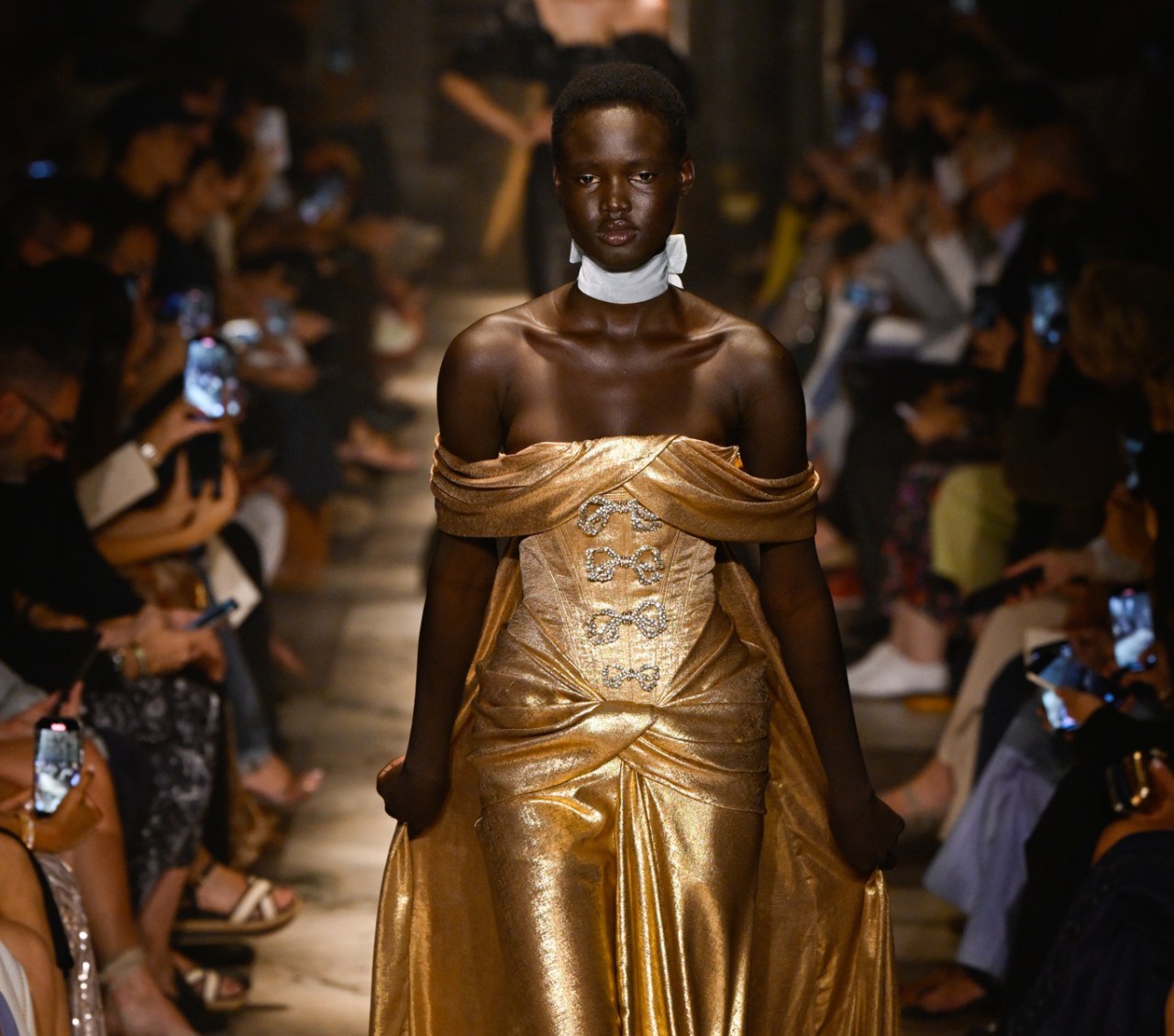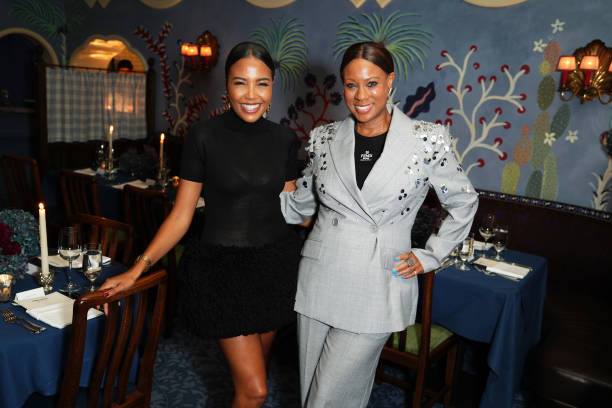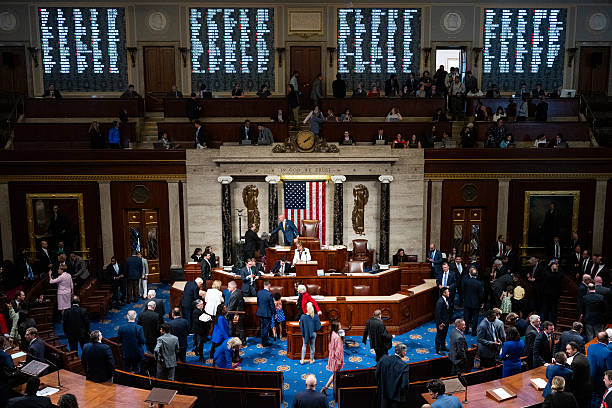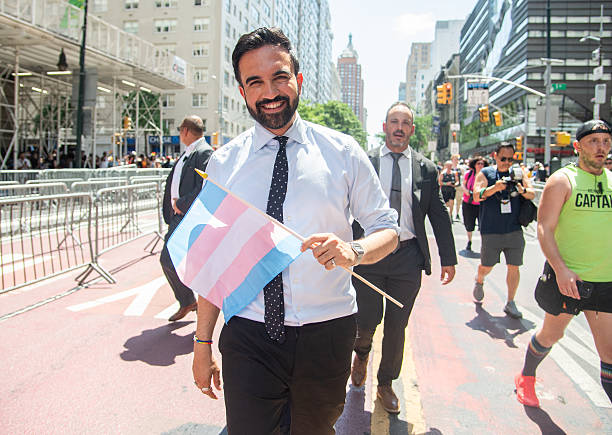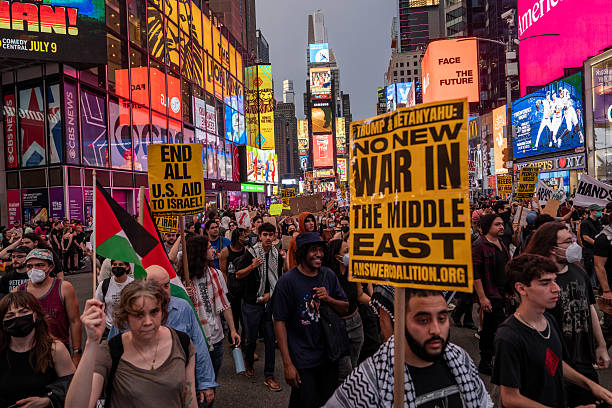By: Sahra Mohamed In our era of digital megaphones, celebrity voices carry weight and influence but not all words are treated equally. While some public figures speak out against injustice and human rights abuses, many stay silent when it comes to global conflicts. That silence, intentional or not, reveals a lot about risk, privilege, and …
When Advocacy Has a Price: Who Pays for Speaking the Truth?
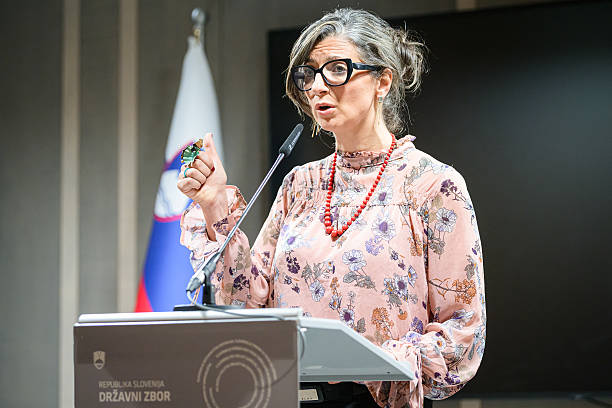
By: Sahra Mohamed
In our era of digital megaphones, celebrity voices carry weight and influence but not all words are treated equally. While some public figures speak out against injustice and human rights abuses, many stay silent when it comes to global conflicts. That silence, intentional or not, reveals a lot about risk, privilege, and the boundaries of acceptable activism. Take Sarah Jessica Parker, for example. She’s been open about her reluctance to engage in online political discourse. In an episode of The Best People podcast with Nicolle Wallace, Parker explained that social media isn’t, in her view, a place for “complicated conversation.” She avoids political commentary online, saying it too often gets misunderstood. Still, back in 2024, she made a thoughtful public endorsement of then Vice President Kamala Harris, showing that political engagement is possible when the message is carefully curated and the stakes feel manageable. Yet powerful voices can make a difference. Consider Taylor Swift’s endorsement of Kamala Harris: vote.gov saw a spike of 405,999 visits in 24 hours, nearly a 1,250% increase, showing just how much influence celebrities can have.
Compare that to how many celebrities responded to systemic racism. After the murder of George Floyd, public figures like Bella Hadid, Salma Hayek, Keke Palmer, and Seth Meyers made statements demanding police reform and accountability. Palmer called out symbolic gestures, like officers kneeling with protesters, arguing they weren’t enough without real systemic change. “George Floyd died because somebody kneeled on his neck,” she pointed out.
Watch Keke Palmer directly addressing the National Guard during the 2020 protests, urging them to stand with demonstrators in a powerful moment of activism.
Speaking out against police brutality in the U.S. now carries low career risk; it’s supported by the public and seen as a moral stance. But that hasn’t always been the case. Back in 2016, Colin Kaepernick famously took a knee during the national anthem to protest police violence and was blacklisted from the NFL as a result. Despite being in good condition as a player, no team signed him after that season. His protest started a national conversation, but it also cost him his career, proving that taking a stand can come at a price. Meanwhile, everyday citizens face similar risks. We spoke to a 24 year old retail sales associate who was planning to protest against police brutality. She told Special Sense that when she informed her manager, she was dismissively met with, “I don’t do that kind of stuff.” Speaking up, even locally, can still lead to judgment or put your job at risk.
But when some celebrities post about international geopolitical crises, there’s a change. In October 2023, following the Hamas attack on Israel (nearly 1,200 killed, around 800 civilians including 36 children), figures like Ciara, Kim Kardashian, and LeBron James voiced immediate statements of solidarity with little to no professional impact. Then there are voices calling attention to Palestinian suffering and other global crises. Oscar-winning actor Javier Bardem, has spoken out passionately about the humanitarian crisis in Gaza, urging the world to recognize the devastating impact of the ongoing genocide. Over 57,000 Palestinians have died, with more than half of them children, and countless others continue to be affected by violence.
Also among those who’ve spoken out is R&B singer Kehlani, who has turned her art into activism. During NPR’s Tiny Desk Concert, they advocated not only for Palestine but for Congo, Sudan, Yemen, Hawai’i, and Guam, urging audiences to “step up, use your voices” and take real action. This wasn’t lip service: Kehlani released merchandise tied to their song “Next 2 U,” raising over $555,000 for families in Palestine, Sudan, and Congo. Yet their activism hasn’t been without backlash. Kehlani lost brand deals, had concerts and festival slots, including Cornell’s Slope Day and SummerStage Pride canceled, and faced public criticism. They clarified their stance was not antisemitic but anti-genocide and encouraged unity: “They can cancel me… but if everybody spoke up, that power imbalance wouldn’t exist anymore.”In October 2023, Kehlani took to Instagram to share resources and information about the war in Sudan (nearly 9,000 killed, 7 million displaced since April) and the crisis in DR Congo, where ongoing violence continues to displace communities and devastate lives. Yet these statements, too, have been met mostly with silence from other high-profile voices, another sign that speaking up on global crises is still seen as a liability.
The consequences of speaking out aren’t just for celebrities, political public figures and international officials face them too. On July 9, 2025, the U.S. sanctioned Francesca Albanese, the United Nations Special Rapporteur on human rights in the West Bank and Gaza, after she criticized Israel’s military actions. Albanese called the attacks on Gaza genocidal and urged sanctions on companies and officials involved. Many legal experts and human rights groups supported her, but U.S. and Israeli officials strongly opposed her statements. Secretary of State Marco Rubio called her work “illegitimate and shameful political and economic warfare.” Human rights advocates say the sanctions are meant to silence those demanding accountability. According to the BBC, the move raised concerns about suppressing international voices critical of U.S. allies. This shows that speaking out, even at the highest levels, can carry serious consequences.
In today’s world, choosing to speak up or stay silent about issues like police brutality, inequality, or global human rights is a political decision. Celebrities and public figures have influence, but not everyone faces the same outcomes. Those who speak out on popular causes are praised, while those who criticize powerful governments or support less popular causes risk backlash, losing jobs, or worse. For example, criticizing the Israeli government’s war acts is not the same as being antisemitic, but that distinction is often misunderstood and can still lead to repercussions. From everyday workers to international officials, speaking out can come with a price and who pays it depends on their position and power.
Subscribe to Our Newsletter
Keep in touch with our news & offers
Thank you for subscribing to the newsletter.
Oops. Something went wrong. Please try again later.
